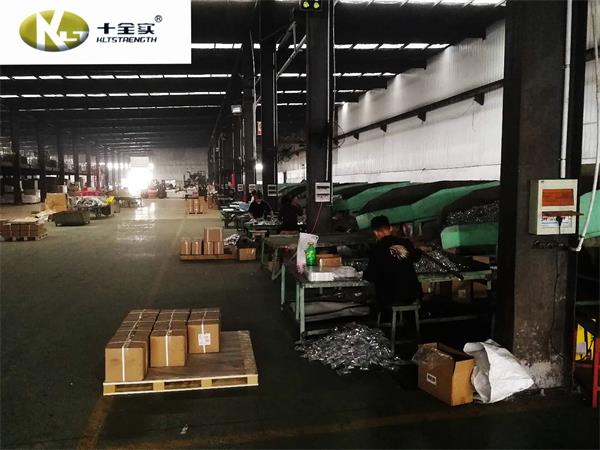
With the successful escape of the stranded cargo ship "Long GiveN" recentLy, the Suez Canal in Egypt is gradually returning to normal traffic. Analysts believe that after the complete restoration of canal traffic, the identification of accident liability and compensation for damages will become the focus in the short term, while in the long term, attention needs to be paid to how to strengthen the risk management of the global supply chain.
The Suez Canal is located at the key point of the intercontinental zone between Europe, Asia and Africa, connecting the Red Sea and the Mediterranean Sea. It is one of the busiest trade channels for oil, refined fuels, grains and other goods between Asia and Europe. Data show that in global maritime logistics, about 15% of cargo ships pass through the Suez Canal.
Rabie said that the Canal Authority is currently calculating the input cost of rescue work and the cost of repairing the damaged river embankment. It is estimated that the loss of income caused by the forced suspension of the canal is approximately US$14 to 15 million per day.
According to the Egyptian Pyramid Online website, the incident may cause huge losses to the global reinsurance industry.
Industry experts said that the blockage of the Suez Canal highlighted the fragility of the global supply chain, and all parties should pay enough attention to strengthening the resilience and flexibility of the supply chain.
@font-face {font-family:"Cambria Math"; panose-1:2 4 5 3 5 4 6 3 2 4; mso-font-charset:0; mso-generic-font-family:roman; mso-font-pitch:variable; mso-font-signature:-536870145 1107305727 0 0 415 0;}@font-face {font-family:DengXian; panose-1:2 1 6 0 3 1 1 1 1 1; mso-font-alt:等线; mso-font-charset:134; mso-generic-font-family:auto; mso-font-pitch:variable; mso-font-signature:-1610612033 953122042 22 0 262159 0;}@font-face {font-family:"\@等线"; panose-1:2 1 6 0 3 1 1 1 1 1; mso-font-alt:"\@DengXian"; mso-font-charset:134; mso-generic-font-family:auto; mso-font-pitch:variable; mso-font-signature:-1610612033 953122042 22 0 262159 0;}p.MsoNormal, li.MsoNormal, div.MsoNormal {mso-style-unhide:no; mso-style-qformat:yes; mso-style-parent:""; margin:0cm; text-align:justify; text-justify:inter-ideograph; mso-pagination:none; font-size:10.5pt; mso-bidi-font-size:12.0pt; font-family:DengXian; mso-ascii-font-family:DengXian; mso-ascii-theme-font:minor-latin; mso-fareast-font-family:DengXian; mso-fareast-theme-font:minor-fareast; mso-hansi-font-family:DengXian; mso-hansi-theme-font:minor-latin; mso-bidi-font-family:"Times New Roman"; mso-bidi-theme-font:minor-bidi; mso-font-kerning:1.0pt;}.MsoChpDefault {mso-style-type:export-only; mso-default-props:yes; font-family:DengXian; mso-bidi-font-family:"Times New Roman"; mso-bidi-theme-font:minor-bidi;}div.WordSection1 {page:WordSection1;}
Post time: Apr-06-2021